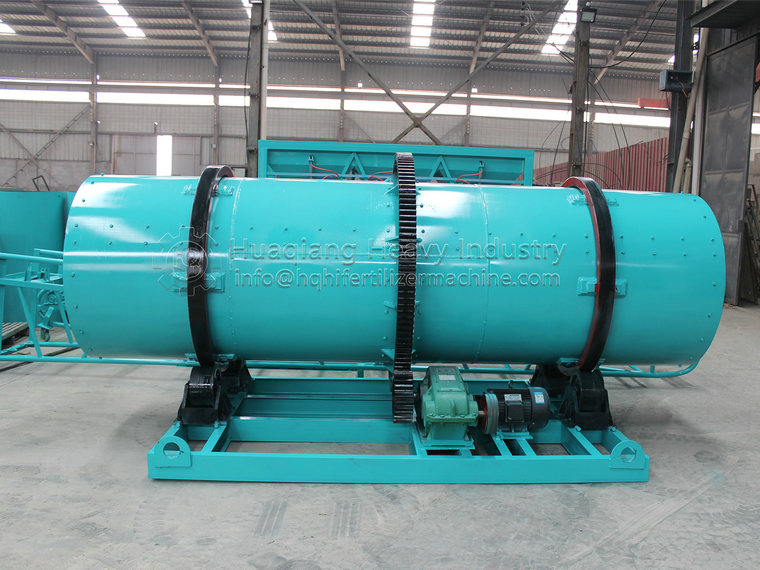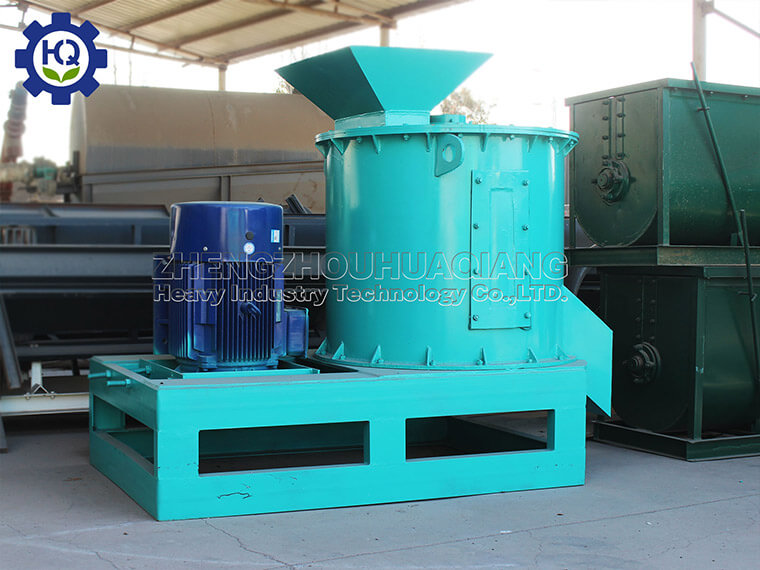The granulation characteristics of drum granulator in organic fertilizer production line
The npk fertilizer production line mainly includes feeder, disc mixer, chain crusher, drum granulator, drum dryer, drum cooler, drum screener, finished product warehouse, automatic packaging machine, belt conveyor , dust settling chamber, heat exchanger, etc. Commonly used granulation equipment for organic fertilizers are: disc granulator, double roller granulator, drum granulator, wet granulator, counter-roll extrusion granulator, flat die granulator, ring film granulator granulator.

1. The rotary drum granulator raw materials: It can be used for the granulation of livestock and poultry manure, composted manure, green manure, sea manure, cake manure, peat ash, soil and miscellaneous fertilizers, three wastes, and microorganisms.
2. The rotary drum granulator is a process of compound fertilizer granulation, and it can also be used to produce organic fertilizer, but the granulation rate is low.
3. The principle of rotary drum granulator is that the material relies on surface tension, an appropriate amount of liquid phase, the extrusion force generated by rolling between materials, and the material is centered on small particles in the correct direction of movement in the granulator. Large adsorption and small adhesion, bonding into balls. The higher the rolling frequency in a certain period of time, the higher the spheroidization rate, and the more rounded the pellets are after they are formed.
4. The organic fertilizer rotary drum granulator used in small and medium-sized fertilizer plants is a rotating circular simple with a diameter of 1.2-2.4m and a length of 3-6m. Set up a retaining ring at the feed end and the middle part of the simplified, and the tail is light. The middle retaining ring of the organic fertilizer drum granulator divides the simplified into two areas, the front area is the mixing granulation area, and the rear area is the particle polishing area.

.jpg)
.jpg)



.jpg)
.jpg)
